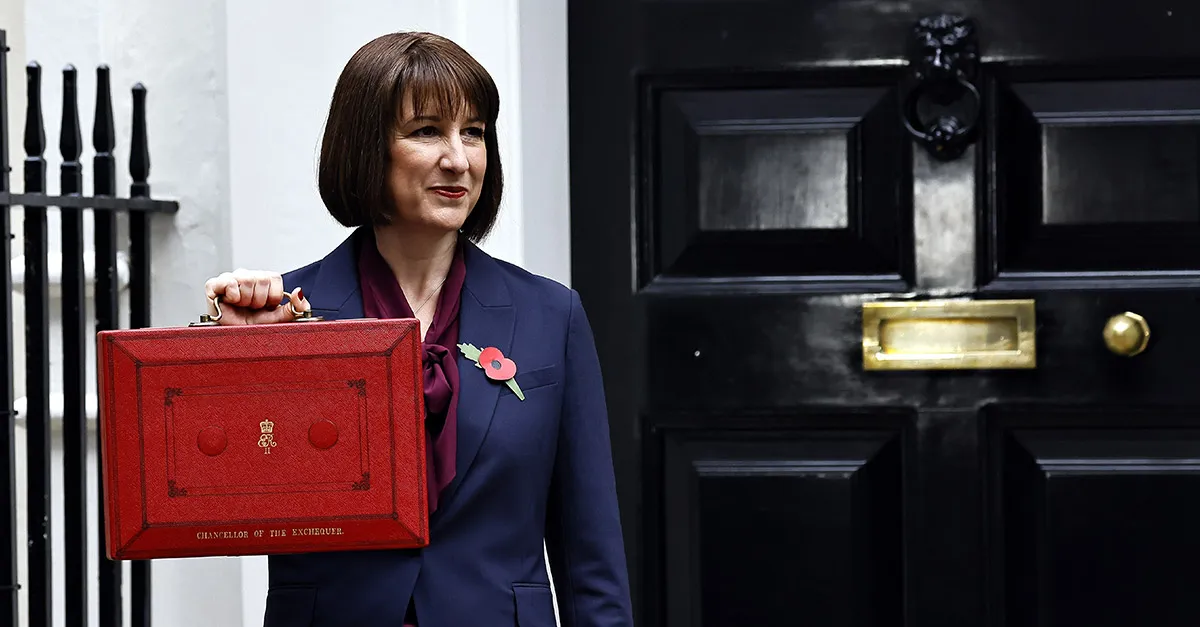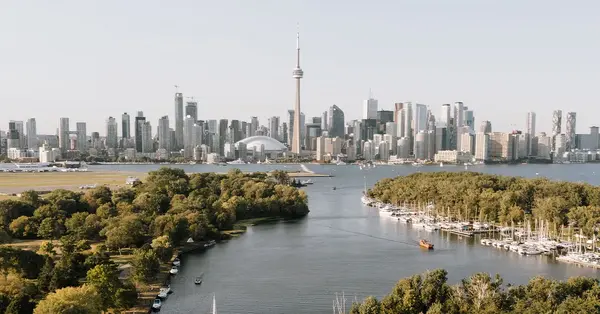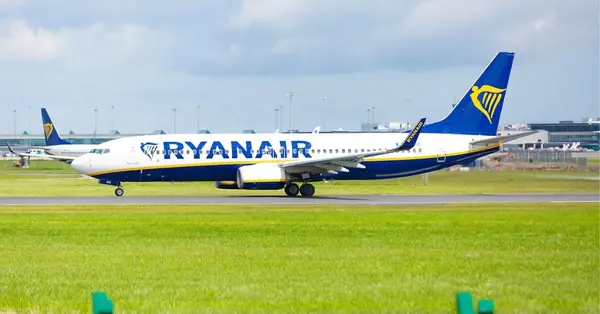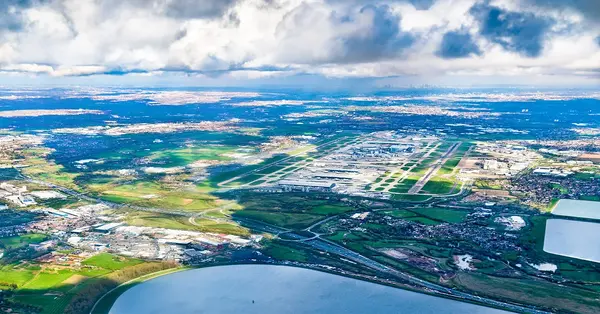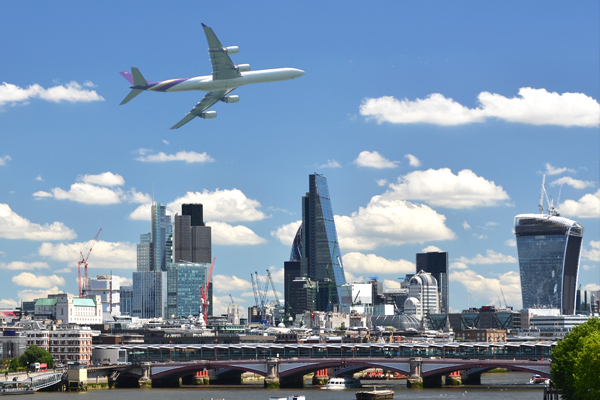You are viewing 1 of your 2 free articles
Chancellor poised to end months of pre-Budget uncertainty
Months of uncertainty about the government’s tax and spending plans should end today when the Chancellor reveals her Budget, with some in the trade reporting an impact on bookings but others reporting none.
Association of Atol Companies advisor Alan Bowen reported “lots of enquiries but the conversion rate has definitely been down” in the run up to the Budget, suggesting: “People want to know the consequences of the Budget before taking the leap.”
However, easyJet chief executive Kenton Jarvis downplayed the Budget’s impact when reporting the airline’s full-year results on Tuesday.
Asked whether Budget speciation had led to later bookings, Jarvis said: “I don’t think that is anything to do with the Budget. That is a trend we’ve seen for 12 months.”
Yet UK retailers blamed anticipation of the Budget for disrupting early Christmas shopping amid reports that Black Friday discounts could run into December.
Deloitte UK chief economist Ian Stewart noted: “I don’t recall a UK budget that has been preceded by such extensive speculation.”
Chancellor Rachel Reeves appears to have dropped plans to raise income tax, having previously indicated a rise was inevitable, in favour of extending a freeze on income tax thresholds – a deferred rise for those on higher incomes.
She also appears poised to impose a host of smaller tax increases, including a council tax surcharge on more expensive homes.
Air Passenger Duty (APD) was already due to rise from £13 to £15 on short-haul economy fares from next April, regardless of the Budget, with larger increases on long-haul and premium rates.
And the government confirmed on Tuesday afternoon that it will give local mayors powers to levy a tax on overnight stays and to invest the returns in local transport, infrastructure and the visitor economy.
At the same time, Reeves has already announced several pre-Budget measures to hold down household bills, including a freeze on rail fares and prescription charges.
Stewart identified the main issue as “whether she can convince markets that UK public finances are on the mend”, warning: “Markets will remain sensitive to further in the UK public finances and [to] more tax rises.”
There were reports of currency traders betting on a fall in sterling ahead of the Budget amid fears that a failure to raise income tax would disappoint bond investors and push up the cost of government debt.
Bowen said the prospect of a rise in income tax “did concern people” in the run-up to the Budget, adding: “I suspect APD will go up. I don’t think we’ll be richer.”
Jarvis said: “I’d like to see a freeze or ideally a reduction in APD, but what I fear is the opposite. You can’t keep increasing APD without reducing demand.”
He also criticised the move to impose tourism taxes, saying: “Any tax that impacts the competitiveness of the visitor economy would not be good [and] not do much for the tourism economy.”
The government also confirmed its backing for Heathrow’s £49 billion third runway airport expansion proposal rather than a cheaper option on Tuesday, saying it “offers the most deliverable option” – a decision apparently timed so that the runway construction’s contribution to GDP growth could be factored into Budget forecasts.
However, the runway plans remain subject to a CAA review of regulations and to planning approval.

